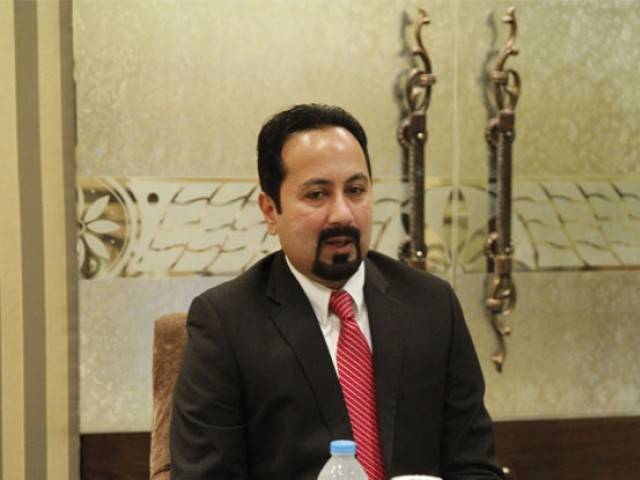LAHORE - Rejecting the hike in electricity tariff by the National Electric Power Regulatory Authority (Nepra) on pressure of Power Distribution Companies, the business community on Friday asked the authorities to reduce electricity and gas tariff particularly for the industry in Punjab.
All Pakistan Business Forum (APBF) President Ibrahim Qureshi criticised the Nepra, which has allowed an increase of 48 paisa per unit in the average electricity tariff for Discos for 2015-16, allowing them an additional burden of more than Rs24.34 billion on consumers or additional revenue for Discos. The Discos were also demanding hike of Rs225 billion as an additional revenue for them on account of higher losses, non-recovery of bills, late payment surcharge etc.
At a time when the country’s trade deficit was further stretched by 34 percent during 2MFY18 to $6.3b against $4.7b in same period of last year owing to rise in imports and slow exports growth amidst high cost of doing business the proposed hike in power tariff is very unfortunate. He said that the much hyped textile package has so far proven ineffective in providing sufficient respite.
Quoting the latest figures, he said that current account deficit swelled during FY17 due to continuous growth in imports by 18 percent amidst decline in exports as growth in textile group remains muted. Further, drop in workers’ remittances by 3 percent also eroded the external account position, he added. He said that export-oriented industry of Punjab needs special attention as presently it is facing high cost of doing business. He said that business-friendly initiatives of the government could enable this industry to grow and increase its productivity. He said that the officials concerned should take the private sector on board in important decision-making.
Qureshi said that the industry is fast heading towards the total closure only because of high cost of gas and electricity. The meeting asked the government to impose a uniform electricity and gas tariff across the country; as discrimination in utility prices is hitting the industry of Punjab hard.
Pakistan Tanners Association (PTA) Chairman Anjum Zafar strongly condemned the irrational and illogical increase in electricity charges by Rs3.9 per unit and effective for the collection from 2015, saying the decision would be the last nail on coffin of export industries specially the leather sector. He said, “The cost of doing in Pakistan is already at exorbitant extent and our member exporters are already unable to compete in international market as compared to our regional competitors particularly China, India and Bangladesh.” He said, “The sudden increase of electricity charges would render our member exporters out of park.”
LCCI President Abdul Basit said that Pakistan is already on much higher side and Pakistani products are already confronting numerous problems in execution of export orders with the potential foreign buyers owing to high cost of production in Pakistan. “We are losing the share of the International markets and ultimately the export has already been decreased to the alarming extent for the last consecutive three years,” he added.
FPCCI Regional Chairman Manzoor Malik also condemned the proposed increase of electricity charges, particularly its collection from 2015, which would be the highly detrimental for industrial sector. “How can we pass on the increased cost of electricity from 2015 to our customers now, which was not calculated in prices when sold,” he questioned.
PIAF Chairman Irfan Iqbal Sheikh said that the government's move is against its manifesto of economic revival and poverty alleviation. He said average electricity tariff for industry in the region is below 10 cents against 14.4 cents in Pakistan, as power tariff cost in China, India, Bangladesh and Sri Lanka is 8.5 cents, 11.3 cents, 7.3 cents and 9.2 cents, respectively. He said industries are already facing deteriorating law-and-order situation; complexity of taxes, and curtailed supply of gas and now the power tariff hike would further hit the exports and the revenue.
SALMAN ABDUHU






